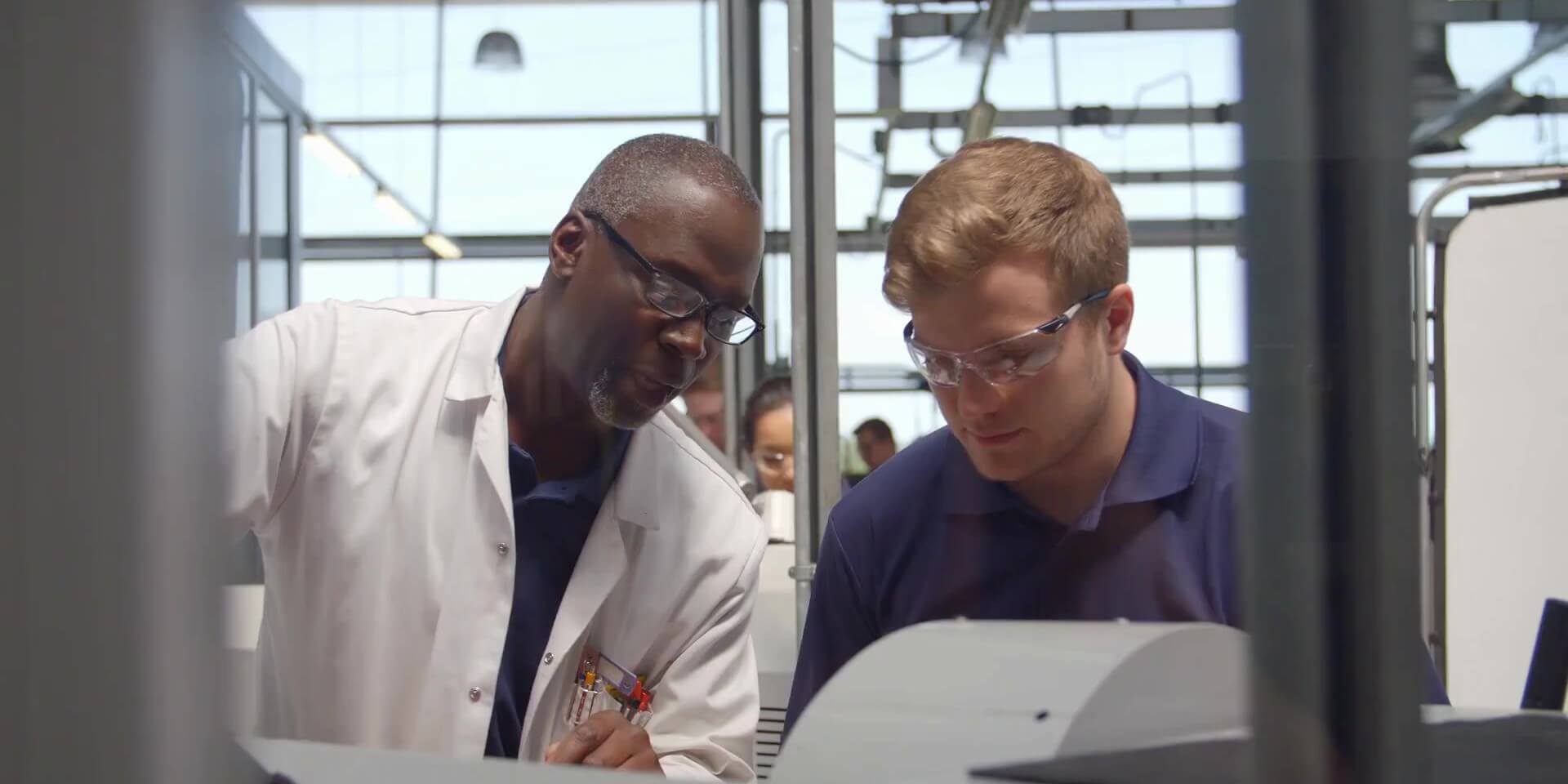Students in CTE programs have unparalleled learning environments to acquire hands-on skills. Culinary students learn proper knife-handling skills and how to prepare restaurant-quality dishes on commercial kitchen equipment. Health science students practice measuring a patient’s vitals and appropriate first-aid techniques. Information technology students troubleshoot network connections using various troubleshooting methodologies and tools. Measuring these hands-on skills is an essential part of ensuring students are ready to enter their chosen career field or continue their education.
What Is A Performance Assessment?
A performance assessment is a skill-based test where students demonstrate their skills by completing actual jobs using the tools, materials, machines, and equipment characteristic of the occupation. Adding a NOCTI performance certification to a program adds value to student resumes and portfolios. It’s not surprising that students who experience test anxiety on traditional test formats may excel when completing hands-on jobs in which they are performing the skills they have learned.
Performance testing not only offers a unique opportunity to engage business and industry partners but also has the potential to strengthen relationships and collaborations with them. The business community benefits when CTE programs are thriving with high-skilled graduates, up-to-date technology, and connections with industry. In some cases, serving as an evaluator is seen as an opportunity to scout for talent, sometimes with job offers to students being made right after the test session. Programs with partners such as salons, healthcare facilities, restaurants, and childcare centers can host the test session at their business with employees serving as evaluators. Evaluators are often invited to awards ceremonies and participate in planning sessions after testing to discuss score results, ways in which programs can improve, and how local business partners can help.
Administering a performance assessment takes planning and preparation. In addition to an appropriate space to conduct the test, proper supplies and equipment, and a third-party evaluator to rate student performance must be secured. Below are general tips to assist in successfully implementing performance testing and offering students an additional certification opportunity to show what they know.
1. Gather Supplies and Equipment
Using guides and resources provided by NOCTI, gather the necessary materials, inventory, and equipment. Students preparing a salad course during a culinary performance assessment will need salad ingredients, kitchen utensils, and dinnerware. They will also need a workstation in a kitchen setting. While students writing computer programs will need a computer workstation and a printer to create a hard copy of a logic flow diagram.
NOCTI’s Instructor Prep Packs list all the necessary supplies for each performance test. The teacher’s role in preparing for performance testing is to ensure the testing room is equipped with the proper supplies and equipment. Teacher connections with business partners can be leveraged to create sponsorship opportunities and donations of supplies and equipment. These opportunities allow local businesses to support CTE programs in their area and are a great marketing opportunity for schools and their partners.
2. Recruit and Train Evaluators
Evaluators are third-party individuals from business and industry who evaluate students as they complete performance test jobs and are considered experts in their field. They are expected to monitor student work during test administration and rate an individual’s performance utilizing detailed scoring rubrics. NOCTI provides a comprehensive evaluator guide and resources for training evaluators prior to testing so they have a clear understanding of their role and participation expectations.
3. Plan Administration Logistics
Once the right materials have been secured and evaluators have been trained, it’s time to address the more intricate details of performance testing.
- Set up the testing area and ensure equipment is in working order.
- Follow a check-in process for evaluators, including any breakfast or lunch plans.
- Determine a process for rotating students through the job stations.
- Establish teacher availability to assist in case of emergency or the occurrence of unforeseen issues during administration.
4. Analyze Score Reports
Once the test is administered and ratings are submitted to NOCTI, detailed score reports are provided. Scoring data is a valuable tool for teachers to gauge the knowledge gained in programs and identify areas where students consistently excel or where challenges may be occurring. As an example, if every student struggled on the same job year after year, that might indicate a specific technical skill or learning gap to address at a program level. Evaluators may also provide feedback for program improvement based on reviewing scoring data and considering evaluator observations made during test administration.
NOCTI’s reporting packages include individual and group score reports for skill-based performance tests. The individual report provides each student’s scores for each standard/job. Group score reports offer standard and competency results for each participant and can assist with analyzing a group’s performance and identifying potential program improvements.
Get Started with NOCTI Performance Testing
NOCTI offers skill-based performance testing for Job Ready Credentials and several Partner Network Credentials. Job Ready Credentials are available in over 100 specific occupational areas and consist of both knowledge-based and skill-based components, which can be administered together or independently. Contact NOCTI to get started with performance testing or have questions about test administration.
